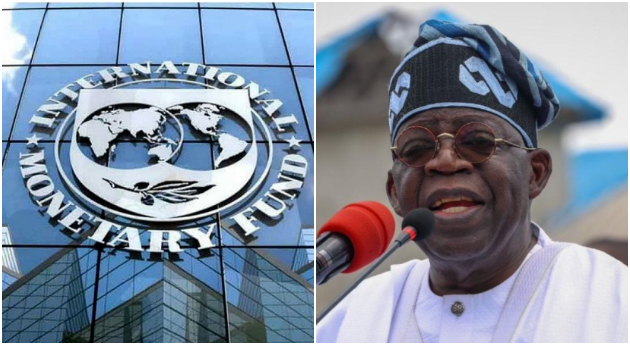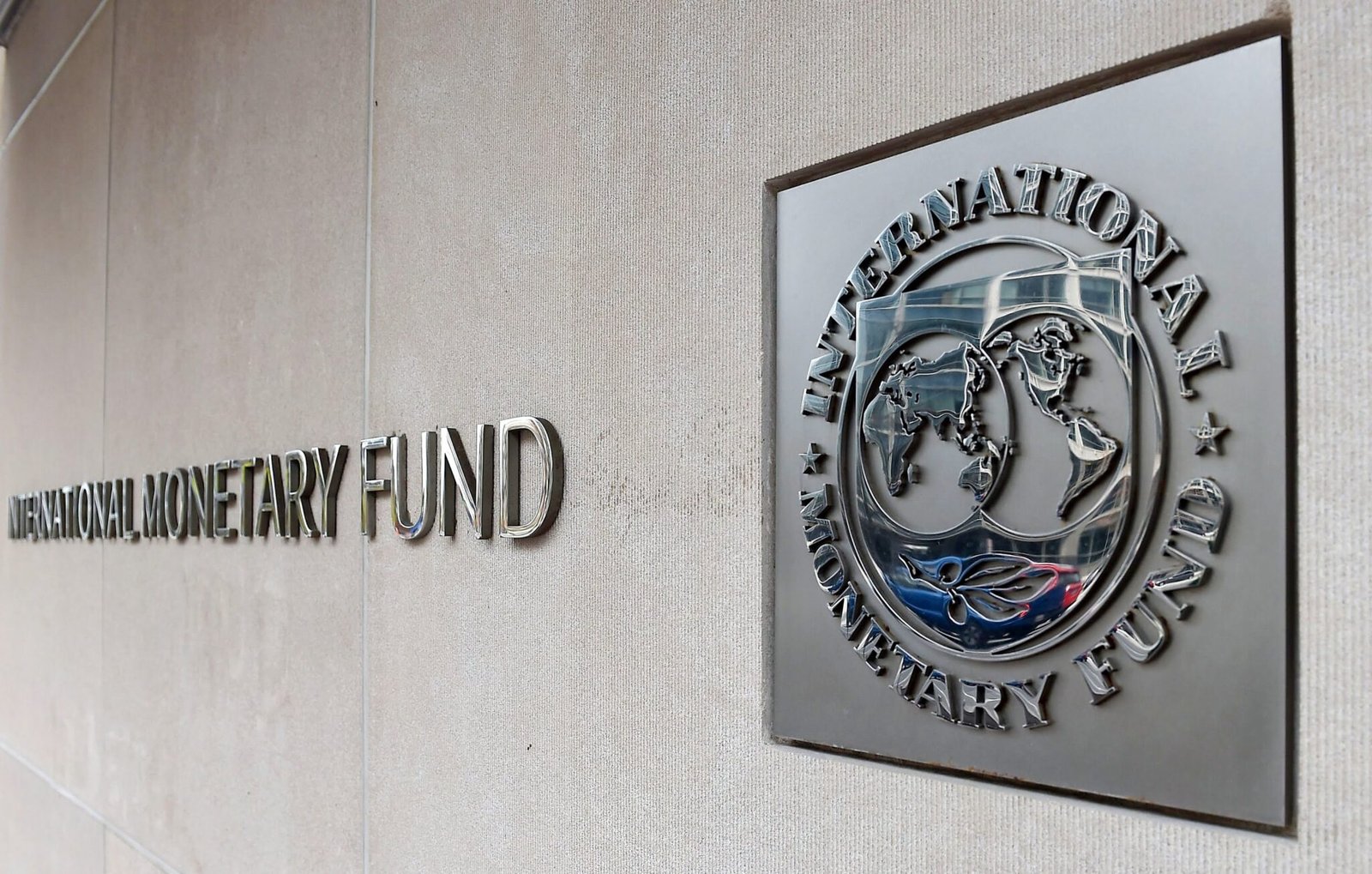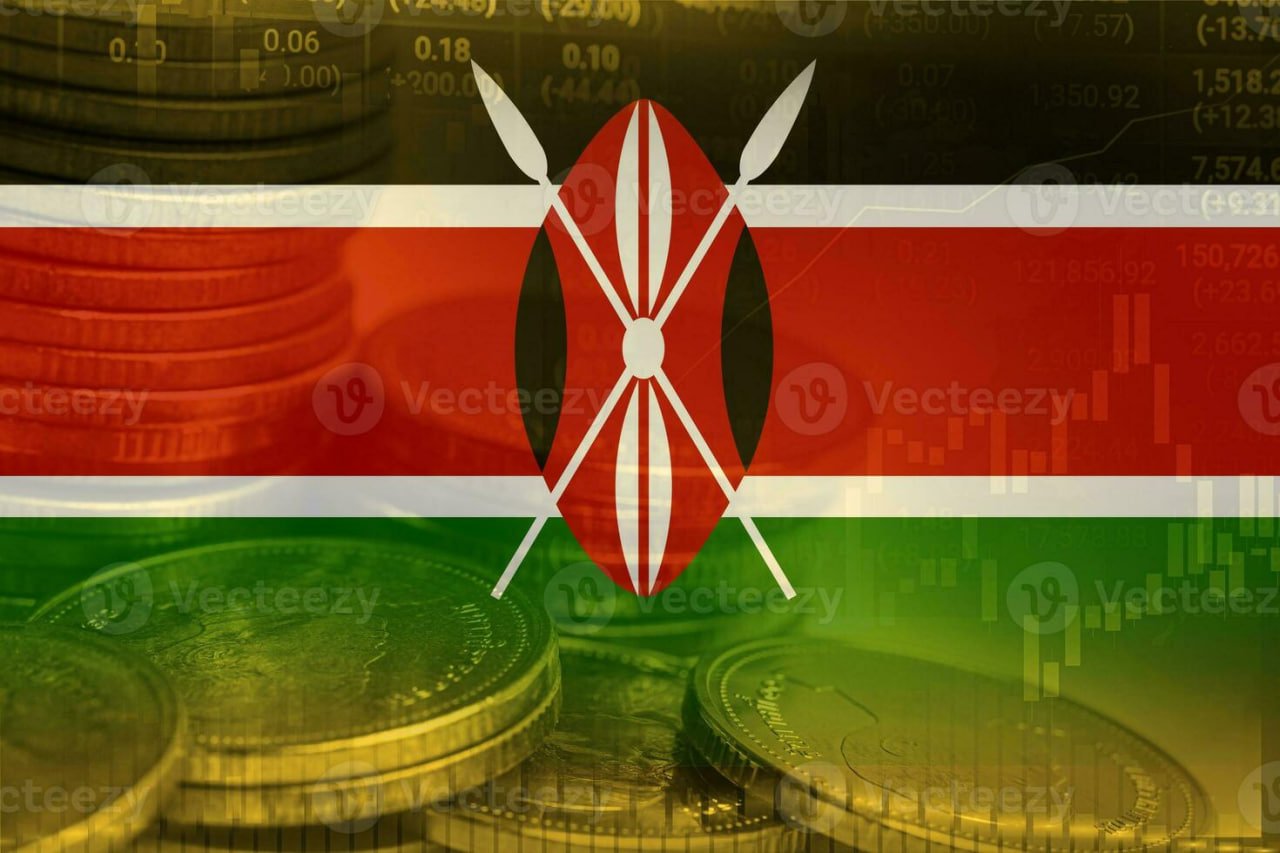Nigeria has formally aligned with the 55 other Commonwealth nations in a renewed drive to cultivate intra-Commonwealth trade landscapes valued at up to $2 trillion by the year 2030.
This strategic partnership is expected to deepen economic ties, spur investment, and accelerate job creation across member states.
The commitment was reaffirmed during the recent Commonwealth Finance Ministers’ Meeting, held on the sidelines of the World Bank and IMF Annual Meetings in Washington, D.C.
Also Read:
- Federal Ministry Of Education Announces Masters and PHD Commonwealth Scholarships in the UK
- Business File: COMMONWEALTH TRADE AND INVESTMENT SUMMIT (CTIS) 2025
- Two Nigerians Win £50,000 Commonwealth Peace Prize for Interfaith Peacebuilding
- AfCFTA to Generate $84 Billion In Additional Exports - Afreximbank
The gathering produced a joint statement from Nigeria’s delegation, led by the Minister of State for Finance, Doris Uzoka-Anite. In the statement, she reiterated Nigeria’s willingness to collaborate with fellow members to bolster trade, enhance investment flows, and tackle poverty through sustainable economic growth.
“With collective action and determination, the Commonwealth nations are set to achieve a brighter economic future, driving growth, prosperity, and improved livelihoods for millions across the Commonwealth,” Uzoka-Anite affirmed.
According to the Commonwealth Secretariat, member nations on average enjoy 21% cheaper trade costs when trading among themselves than with non-Commonwealth countries, owing to shared legal frameworks, familiar institutions, and comparable systems that reduce bureaucracy and friction.
If fully harnessed, intra-Commonwealth trade could expand to $2 trillion by 2030, contingent on ongoing investments in trade facilitation, improved connectivity, and technological innovation.
Currently, the Commonwealth is composed of 56 nations—primarily former British colonies—together representing over 2.5 billion people and commanding a combined GDP of more than $13 trillion.
During the session, Commonwealth Secretary-General Shirley Ayorkor Botchwey described the present era as “one of the most testing in modern economic history,” citing strains such as rising debt burdens, tighter development finance, and escalating climate pressures.
She urged member countries to exploit what she termed the “Commonwealth Advantage”—a convergence of historical ties and institutional similarities—to enhance cooperation and resilience.
Botchwey also announced that 2026 would be proclaimed the “Commonwealth Year of Resilient, Innovative, and Sustainable Debt,” marking 40 years since the bloc launched its Debt Management Programme.
She disclosed plans to establish a Resource Mobilisation Directorate aimed at attracting new funding—both traditional and alternative—to support infrastructure, digital education, and skills development across member states.
She emphasized that building a shared prosperity framework would require not just managing debt, but reinventing the very architecture of global finance in more inclusive and responsive ways. “Let us turn our solidarity into prosperity,” she urged.
“If we stand together, we can transform today’s headwinds into tomorrow’s growth pathways for every Commonwealth nation.”





















